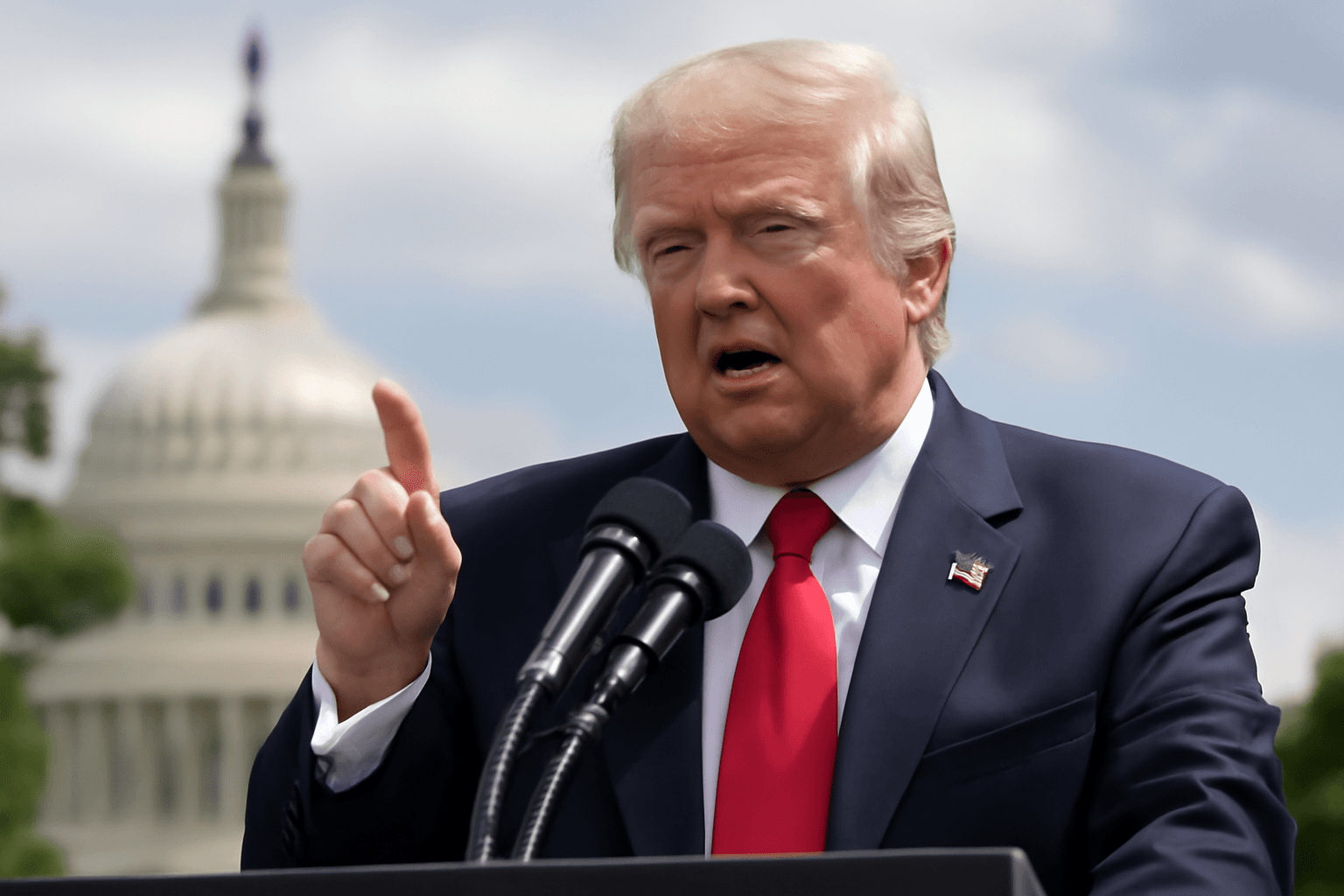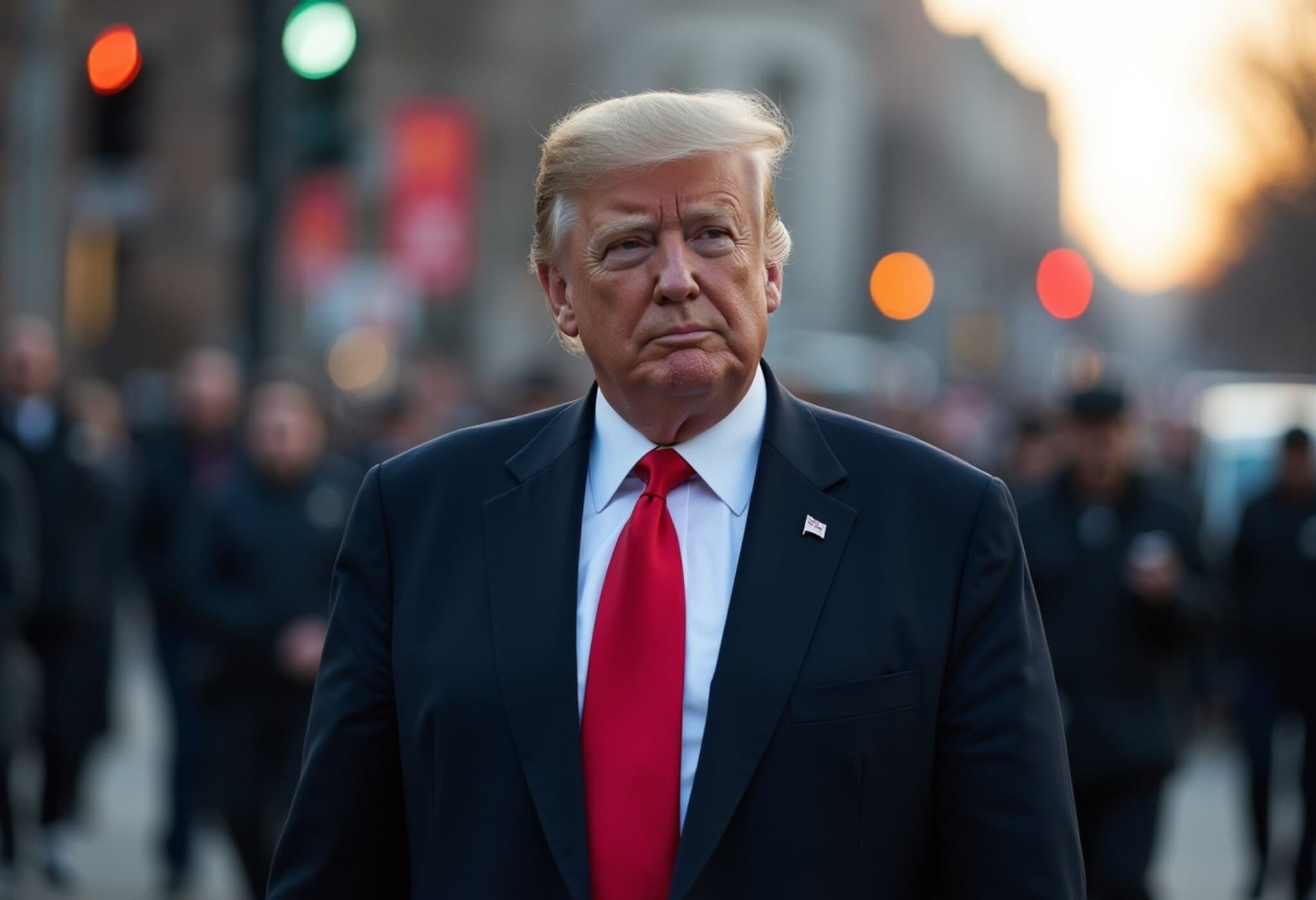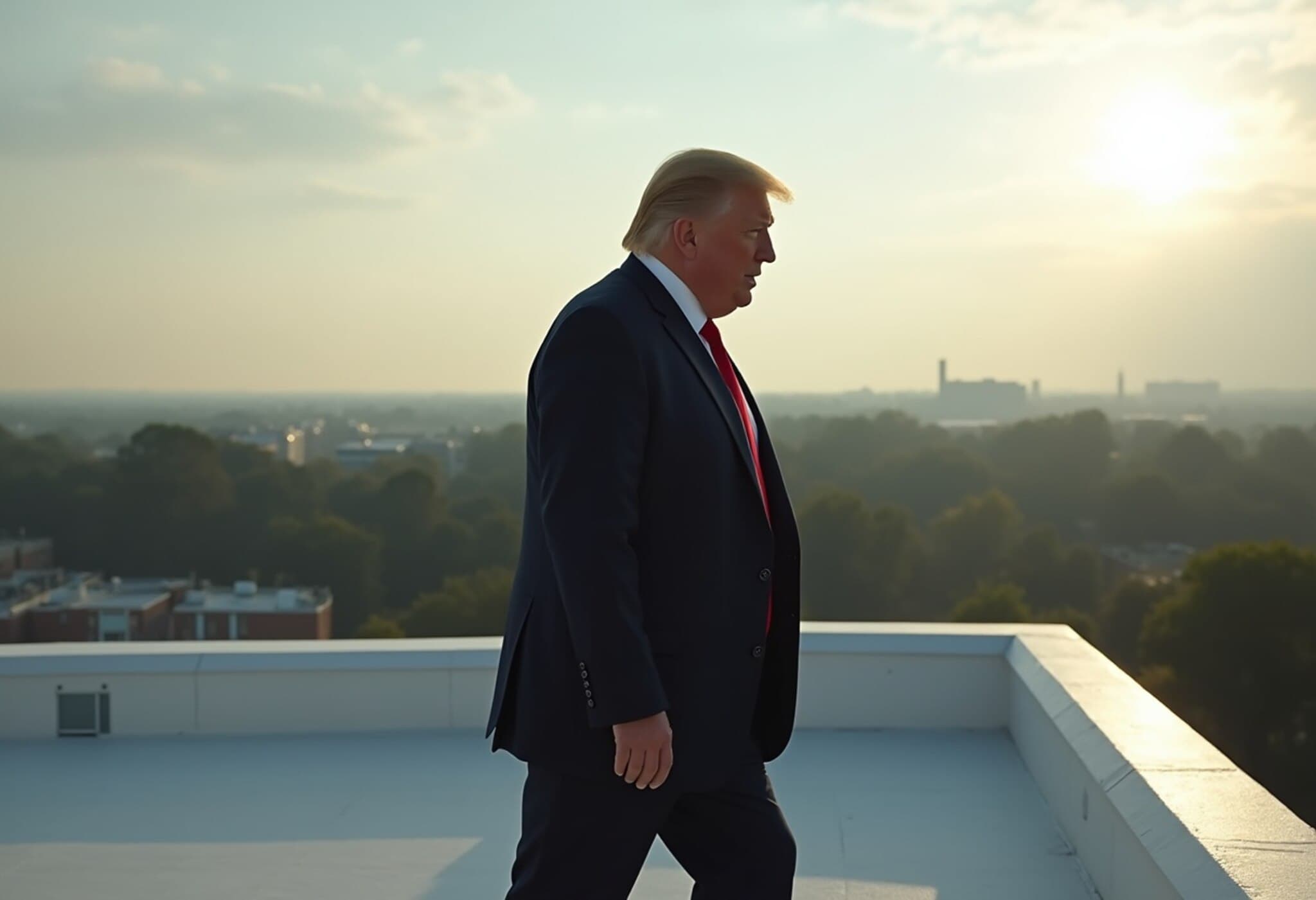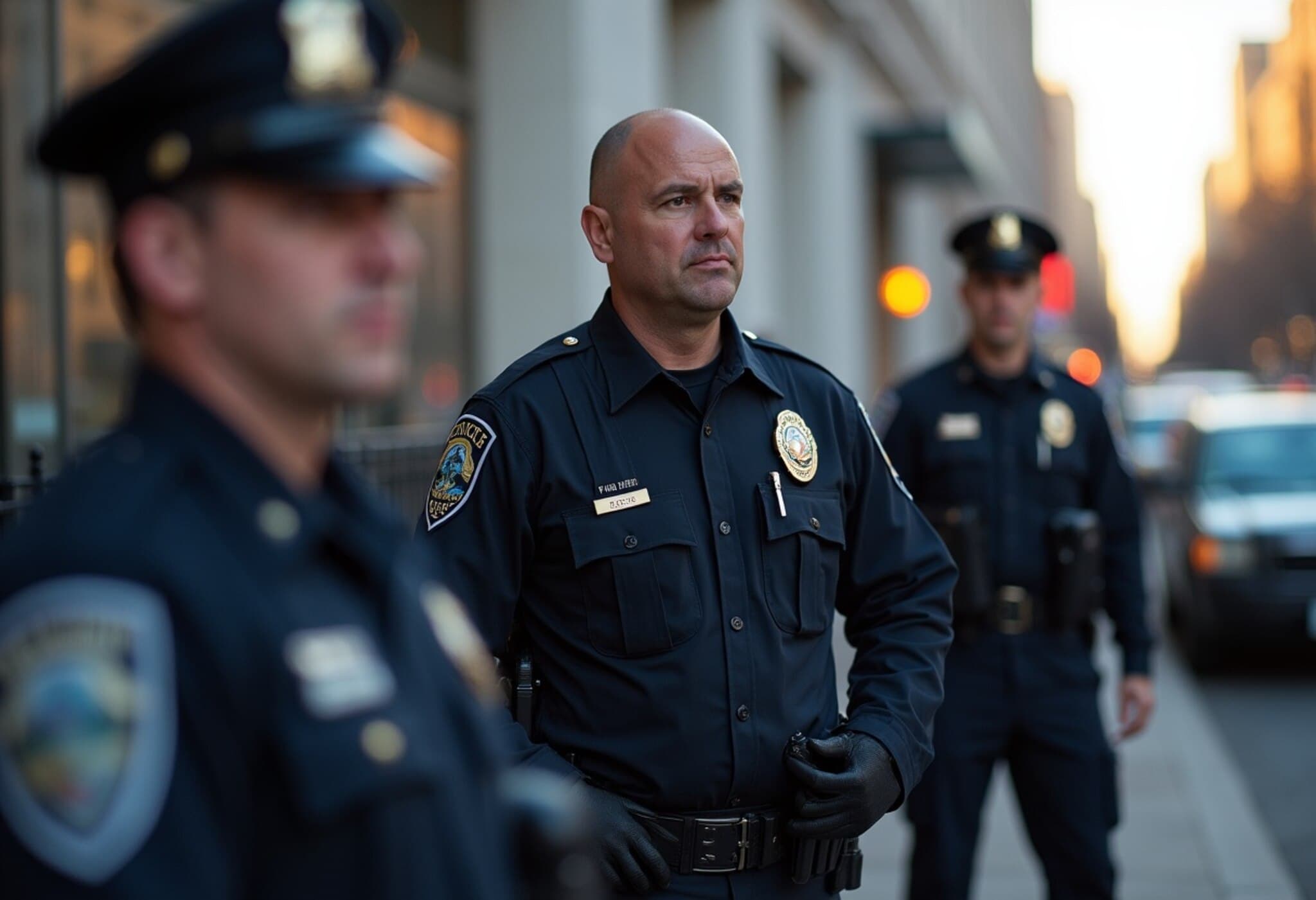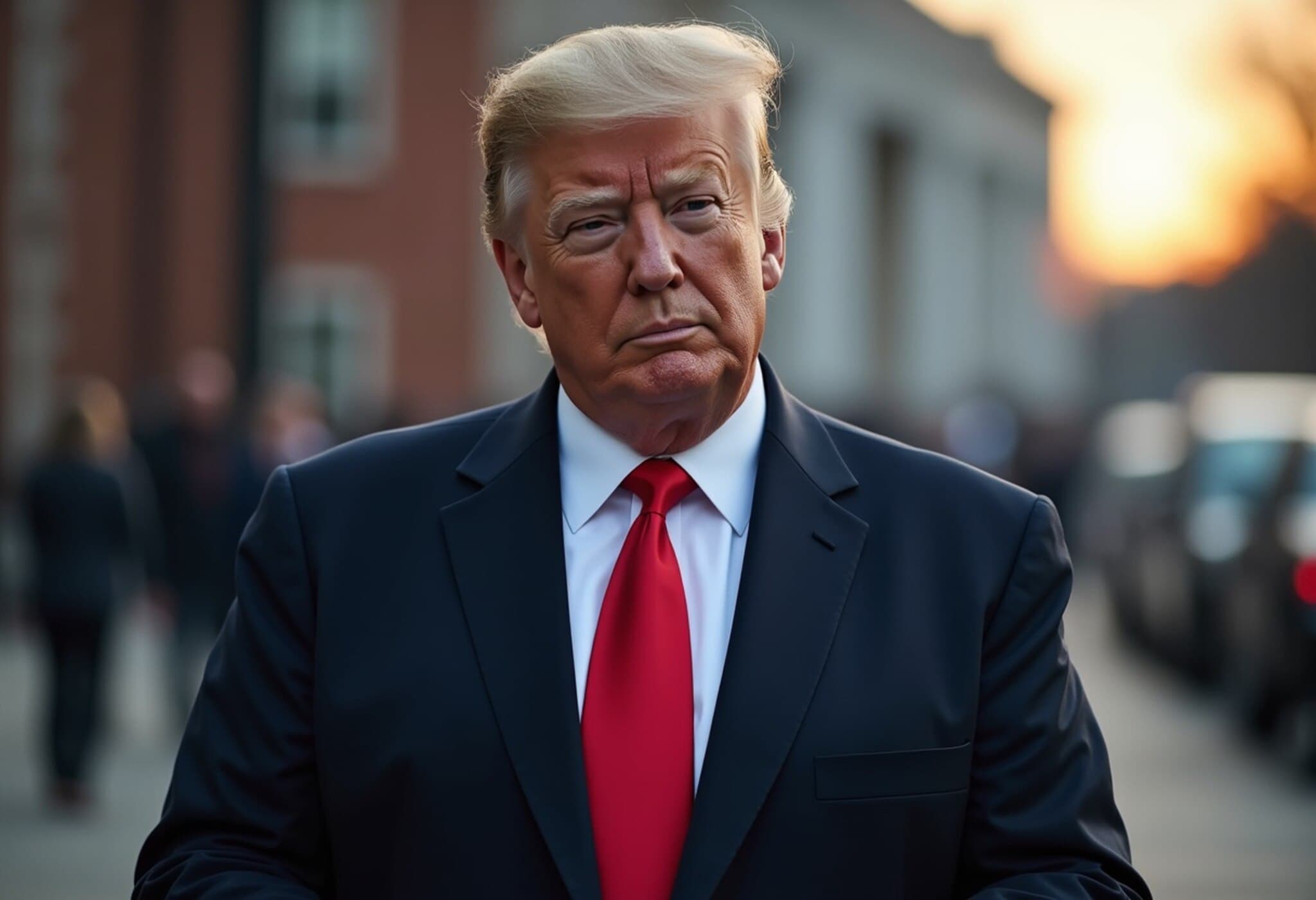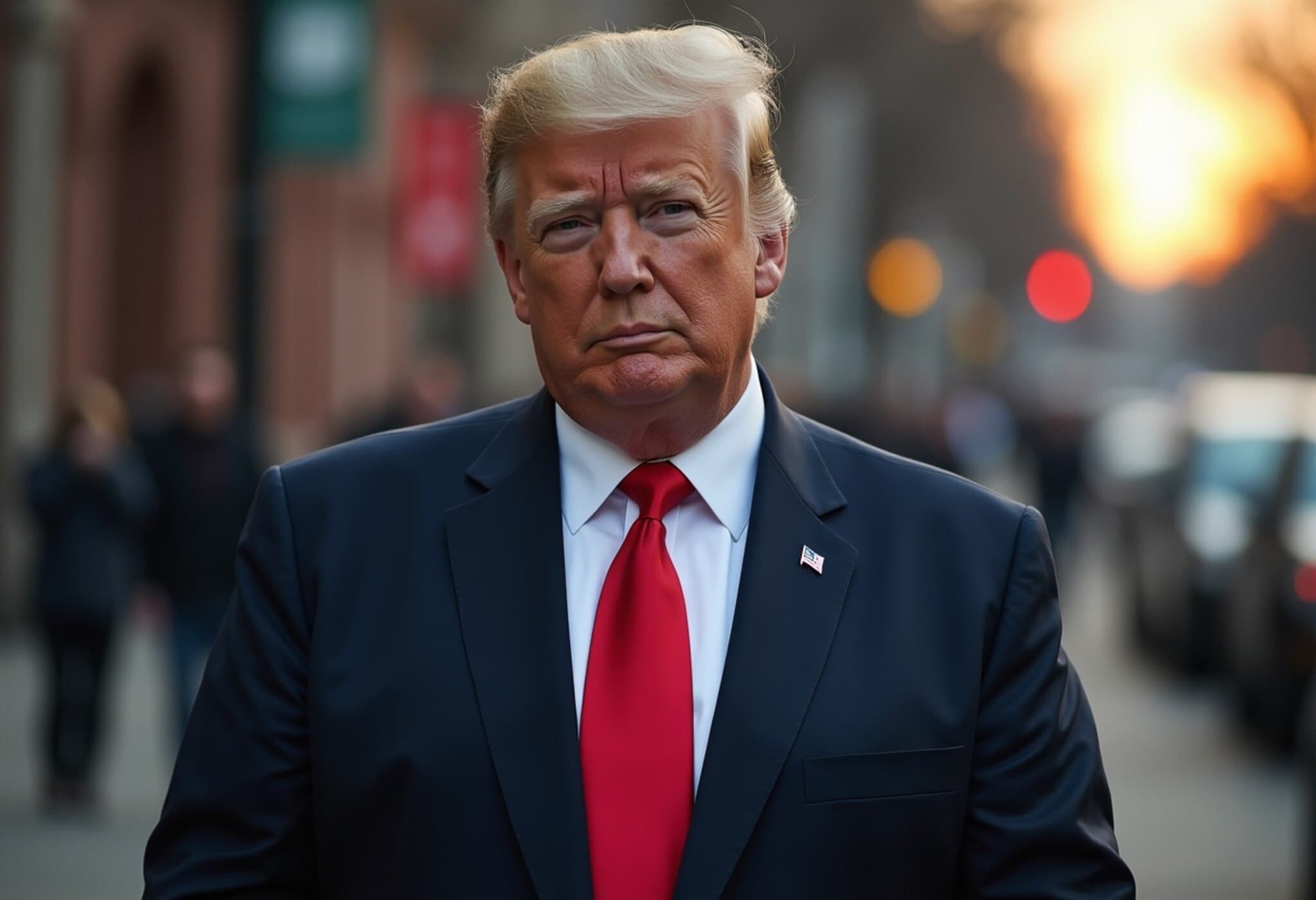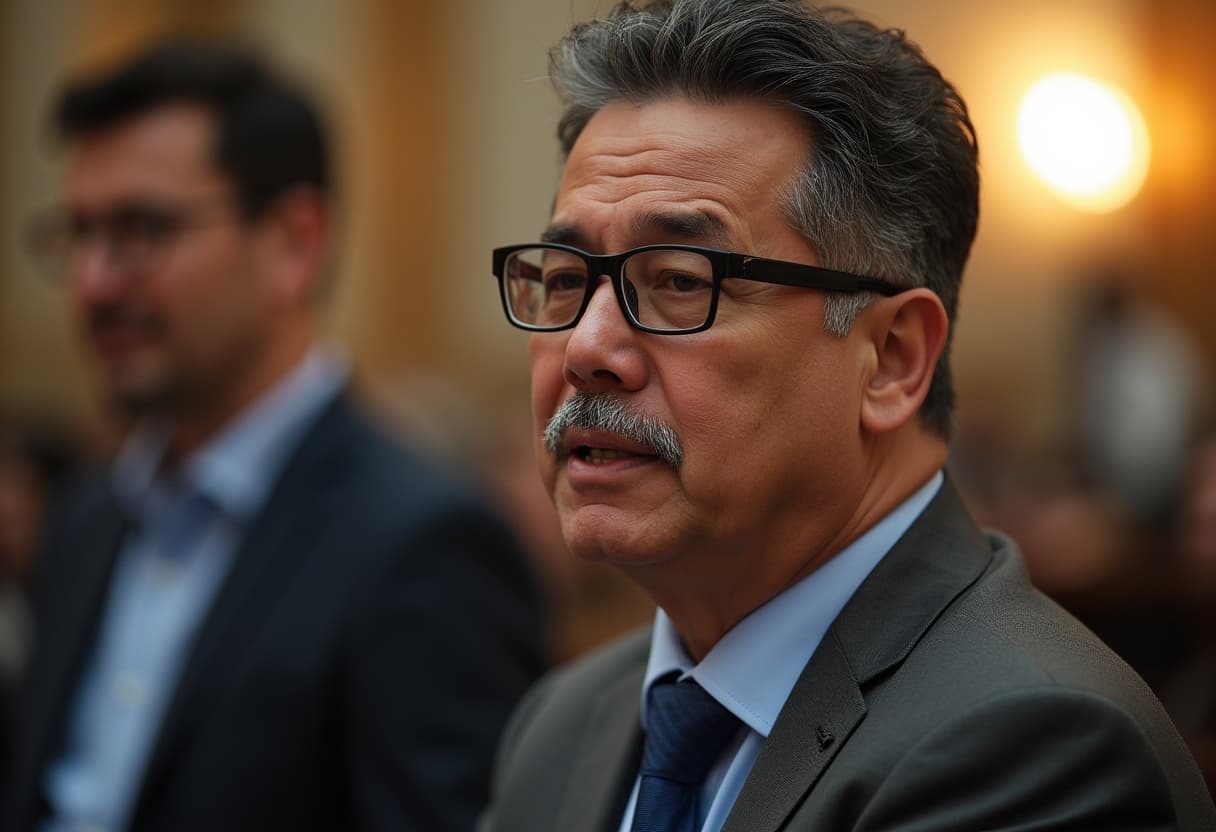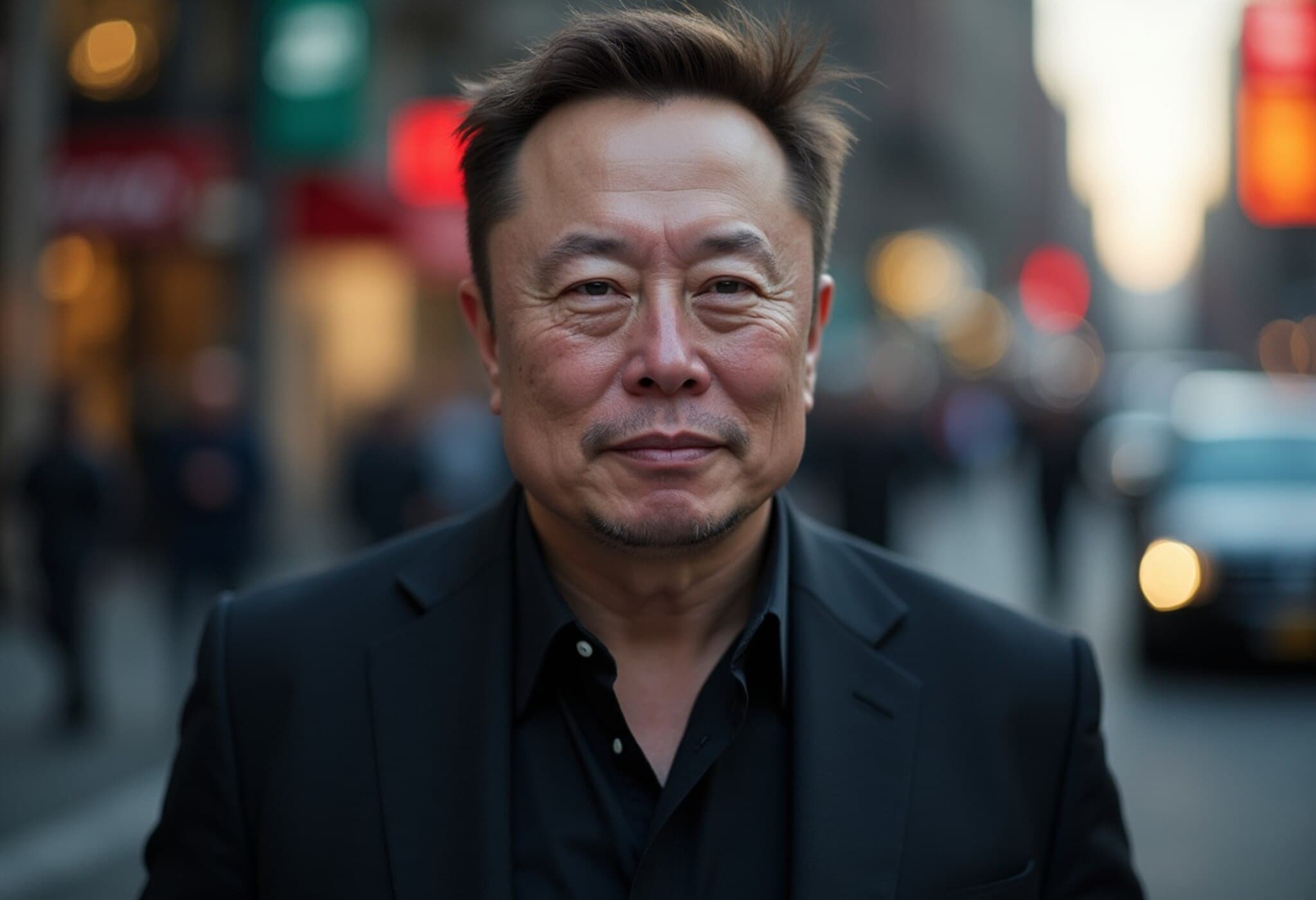Trump Proclaims 'Liberation Day' for Washington, D.C.
In a bold declaration that has stirred national conversation, former President Donald Trump announced on Monday what he calls "Liberation Day" for Washington, D.C., promising to eradicate crime and revitalize the nation's capital. Speaking ahead of a scheduled 10 a.m. press conference at the White House, Trump vowed to restore safety and cleanliness, describing his new initiative as a comprehensive "crime and beautification" plan.
Promises to Combat Crime and Restore Order
Trump’s statements, shared across his social media platform Truth Social, proclaimed, "Washington, D.C. will be LIBERATED today! Crime, savagery, filth, and scum will DISAPPEAR. I will MAKE OUR CAPITAL GREAT AGAIN! The days of ruthlessly killing or hurting innocent people are OVER!" He further emphasized a zero-tolerance approach to violent crime, underscoring his commitment to protecting residents and visitors alike from harm.
Linking Border Security Success to D.C. Initiative
Highlighting his administration’s record on immigration, Trump asserted, "I quickly fixed the Border (ZERO ILLEGALS in last 3 months!), D.C. is next!" This statement ties his approach to border security with his vision for law and order in the capital, positioning the two challenges as national priorities.
Details of the Crime and Beautification Plan
The upcoming press conference is expected to elaborate on measures including:
- Increased federal law enforcement patrols throughout Washington, D.C.
- Focused efforts on reducing violent crimes and enhancing public safety
- Urban renewal projects aiming at cleanliness, infrastructure repair, and aesthetic improvements
Trump also criticized excessive government spending, particularly targeting the Federal Reserve’s $3.1 billion renovation project as wasteful. He suggested the renovation could have been done for a fraction of the cost—between $50 million and $100 million—highlighting concerns over fiscal responsibility and bureaucratic inefficiency.
Context: Recent Crime Incident Spurs Action
The announcement follows recent disturbing incidents, including the arrest of two 15-year-old boys charged with unarmed carjacking and assaulting a former Department of Government Efficiency staffer in D.C. This event has prompted federal agencies to escalate street patrols, reflecting a broader worry over rising juvenile involvement in crime within the city.
Expert Analysis: Implications for Washington and National Policy
From a policy standpoint, Trump's declaration and planned initiatives underscore the enduring national debate over crime prevention strategies and urban management. While federal involvement can bring enhanced resources to D.C., critics caution that without addressing root causes such as socioeconomic disparities, policing alone may offer only temporary relief.
Moreover, Trump's rhetorical framing of D.C. as plagued by "savagery" and "scum" taps into divisive language that risks alienating residents and overshadowing the complexity of urban challenges. Experts argue that sustainable improvement requires community engagement alongside law enforcement.
On the fiscal critique, the Federal Reserve’s renovation costs spotlight broader issues in government project management. Trump's call for cost efficiency resonates with public concerns about accountability in federal spending.
Looking Ahead: What to Watch
- The detailed crime and beautification plan to be unveiled at the press conference
- Response from Washington, D.C. officials and community leaders
- Potential shifts in federal-local law enforcement dynamics
As the nation watches, the success of "Liberation Day" initiatives will likely be judged not only in immediate crime statistics but also in the vitality and inclusiveness of the city’s rebirth.
Editor’s Note
President Trump’s declaration of "Liberation Day" for Washington, D.C., offers a vivid reminder of America's ongoing struggles with urban crime, governance, and fiscal stewardship. While the promise to restore order and beauty resonates with many, it raises critical questions about sustainable urban policy and the role of federal power. Readers are invited to consider: How can cities balance security with fairness? And how do we ensure government spending truly serves the public good?
About the Author: The TOI World Desk brings together expert journalists dedicated to rigorous, nuanced reporting on global affairs. Our commitment is to deliver insightful, trustworthy news that contextualizes the complex forces shaping our world today.

